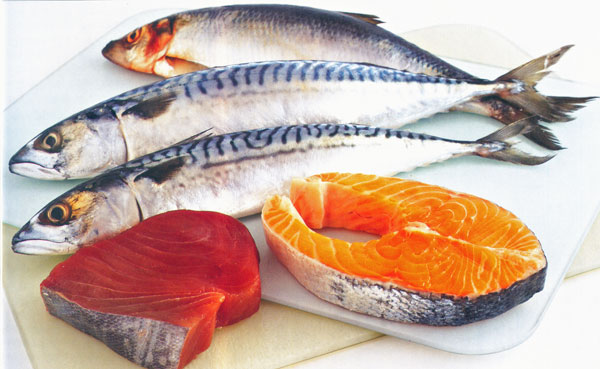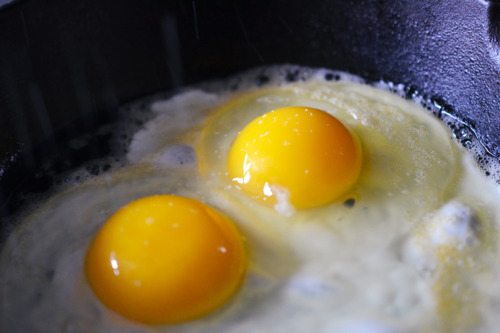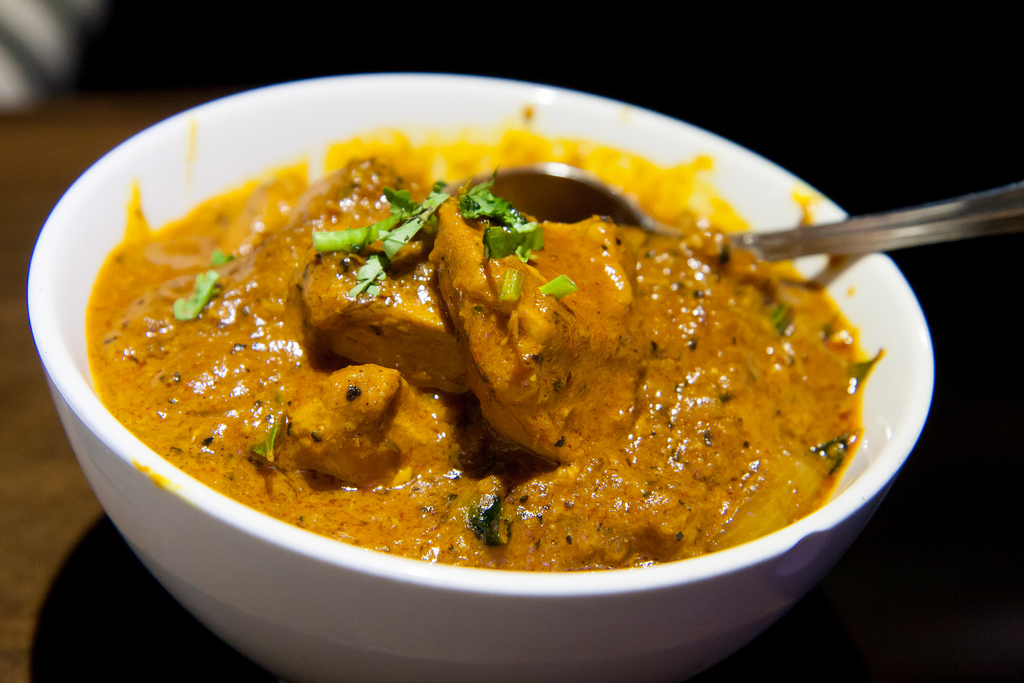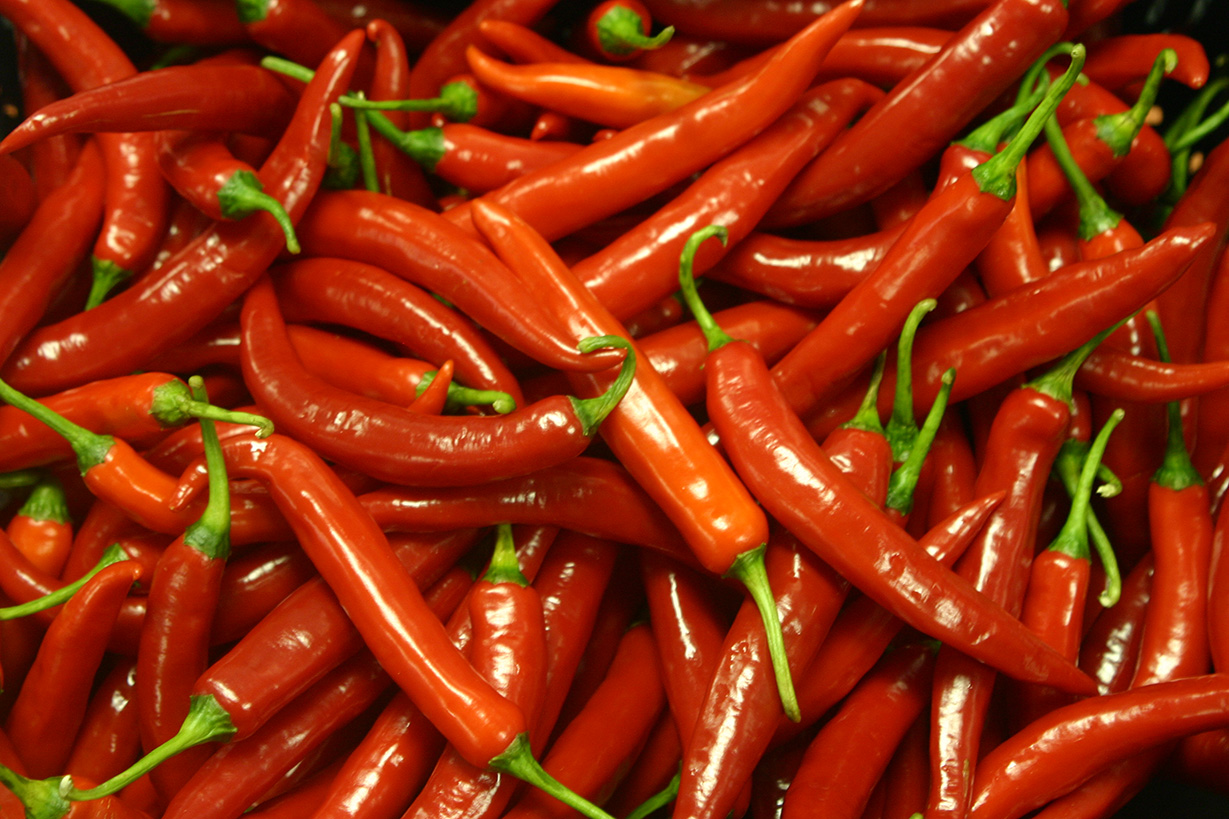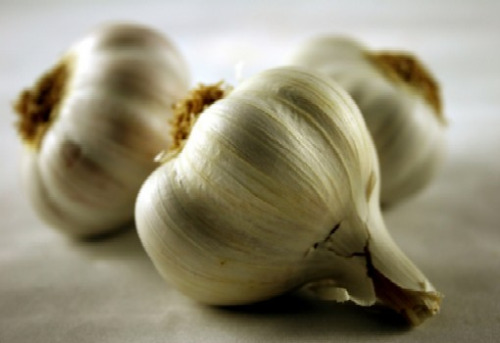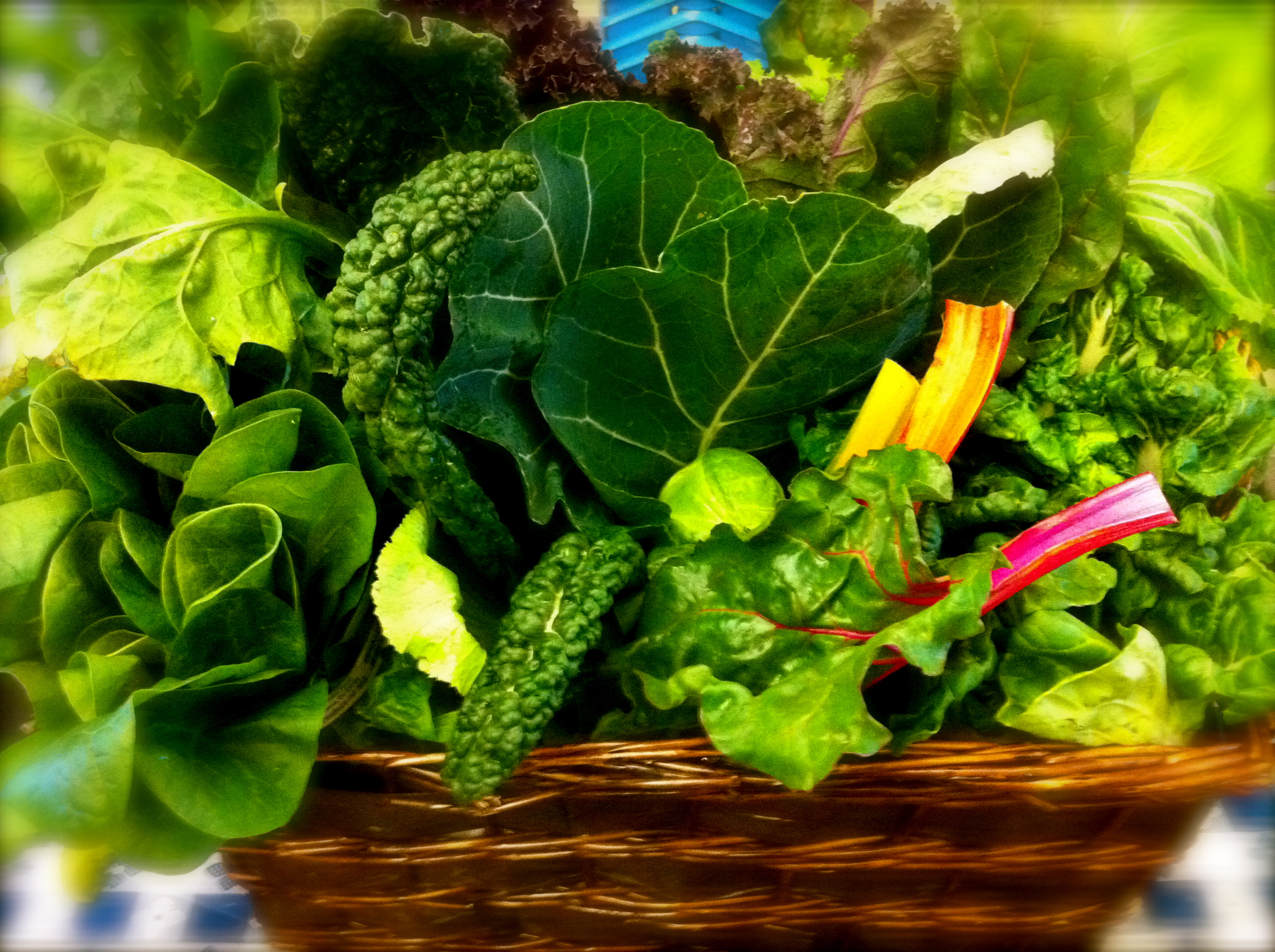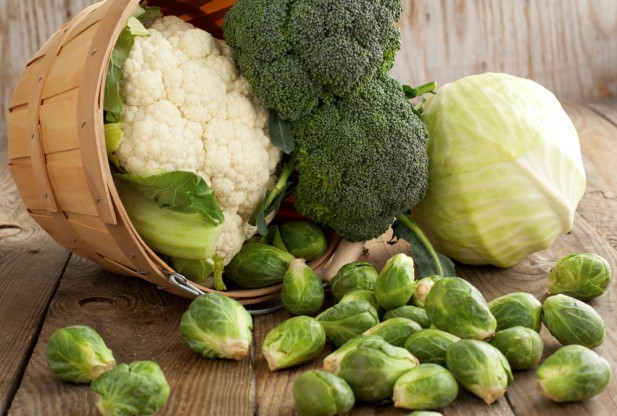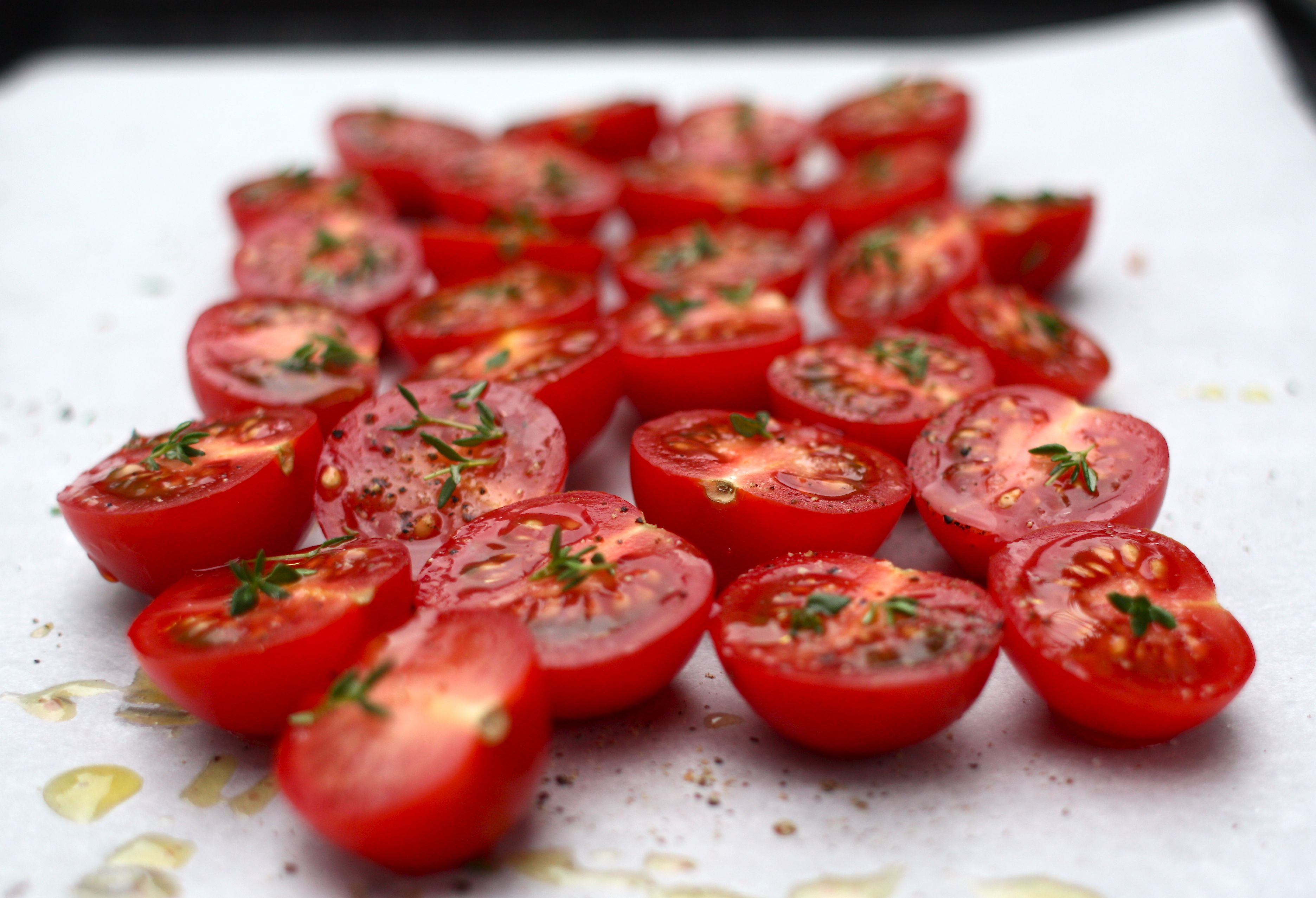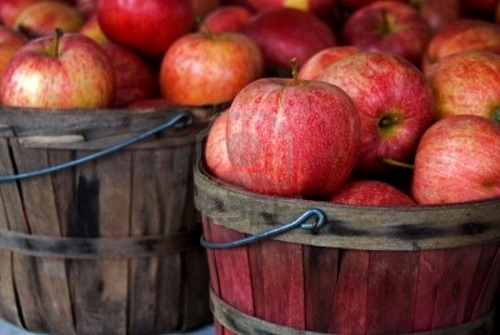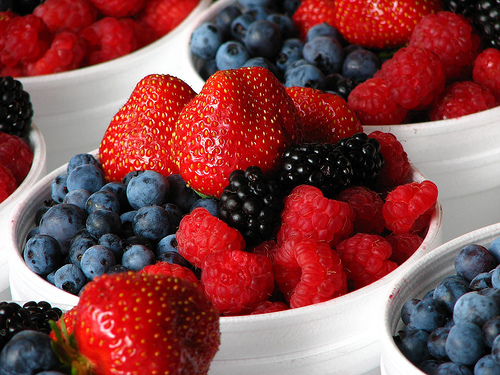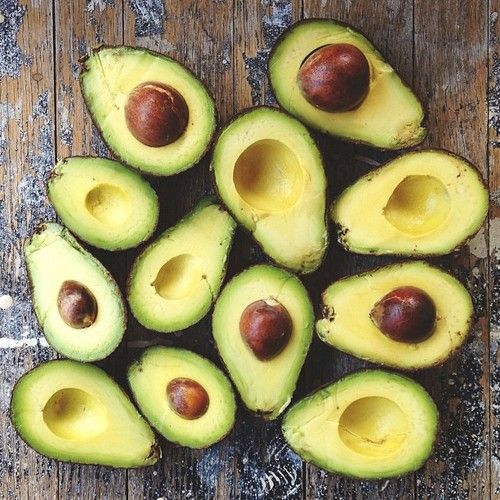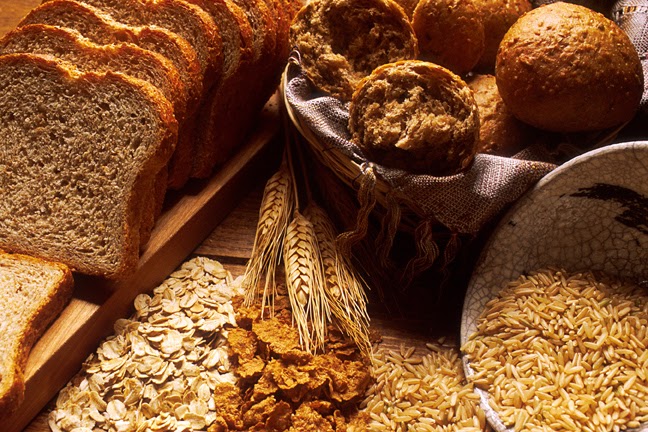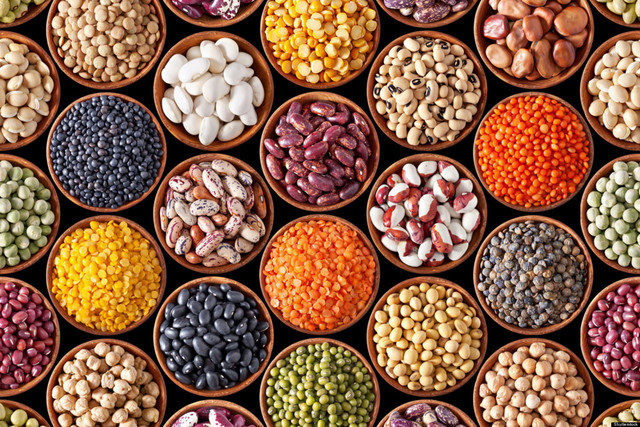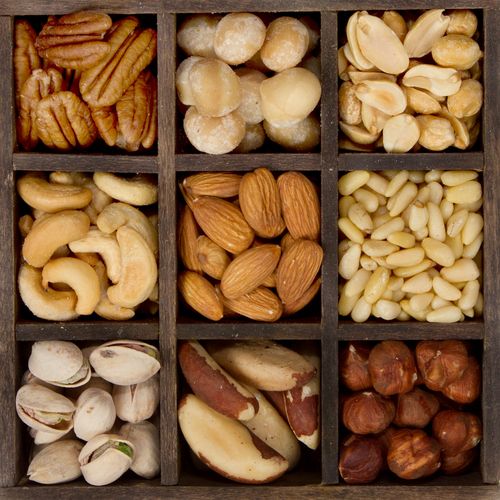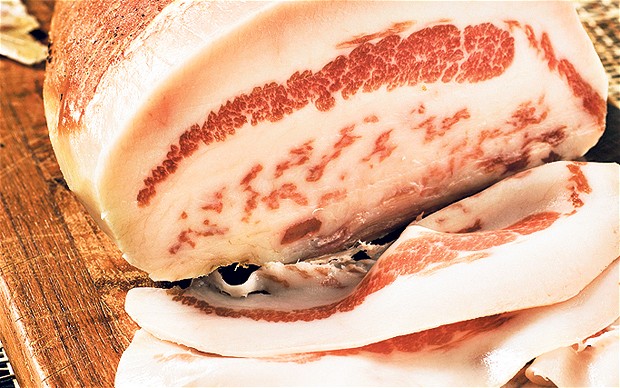21 Brain Foods That Are Supposed To Make You Smarter
There's scientific explanations and everything!
1. Fish with high levels of fatty acids, such as salmon, tuna, mackerel, anchovies, trout, and sardines
Omega-3 fatty acids are essential for your brain. These beneficial fats are linked to improved cognition and alertness, reduced risk of degenerative mental disease (such as dementia), improved memory, improved mood, and reduced depression, anxiety and hyperactivity.
alternet.orgFish contains high levels of the fatty acids EPA (eicosapentaenoic acid) and DHA (docosahexaenoic acid). EPA acts like an anti-inflammatory element in the body, and also helps to prevent blood clotting, which can trigger a heart attack or stroke. DHA is concentrated in large amounts in the brain and is now considered a vital nutrient to enhance learning ability and mental development.
bodyandsoul.com.auResearchers at Tufts University found that people who ate fish 3 times a week and had the highest levels of DHA in their blood slashed their risk of Alzheimer’s disease by 39%.
2. Oysters
Oysters are rich in selenium, magnesium, protein and several other nutrients vital to brain health. In one study researchers found that men who ate oysters reported significantly improved cognition and mood! Not all shellfish are good for you but oysters are a sure bet.
alternet.org3. Egg yolks
Eggs are not only a great source of protein, the yolk also contains the memory-promoting nutrient choline. Choline is a key component of two molecules in the brain: phosphatidylcholine and sphingomyelin. These two molecules account for a high percentage of the brain's total mass, making choline vitally important for brain function.
bodyandsoul.com.au4. Curry
Animal studies have shown that curry’s active ingredient, curcumin (derived from turmeric or kunyit), actually clears away Alzheimer’s-causing proteins in the brain called amyloid plaques.
5. Red hot chilli peppers, including by-products such as chilli powder and cayenne pepper
Hot peppers are bursting with capsaicin, a compound most famous for its use as a natural fat fighter and pain reliever. But according to 'The Happiness Diet' authors Tyler Graham and Drew Ramsey, M.D., our brains benefit from the heat-packing compound, too.
The human brain is actually loaded with receptors for capsaicin, which release stress-reducing endorphins, making it easier for us to focus.
6. Fresh garlic, unpeeled and unchopped. Peeled and chopped garlic actually has zero nutritional value.
Not only is it fabulous for reducing bad cholesterol and strengthening your cardiovascular system, garlic exerts a protective antioxidant effect on the brain.
alternet.org7. Leafy greens (e.g. spinach, kale, bok choy, romaine lettuce) and cruciferous veggies (e.g. broccoli, cauliflower, cabbage, and brussel sprouts)
Dark-hued leafy greens are nutritional powerhouses. Spinach has been found to slow age-related problems and cognitive deficits. Also, its high levels of iron help to restore energy and improve the function of your red blood cells. Broccoli contains vitamin K — which strengthens cognitive abilities — and choline, which improves memory.
Scientists have proven that the cruciferous plant is packed with molecules that our bodies convert into diindolymethane, an immune-system booster that helps protect new brain cells. Its antioxidant content helps clean up cancer-causing free radicals, waste products your body makes when it uses fuel to create energy.
A study at Harvard Medical School followed 13,000 women for 25 years and found that increased vegetable intake was associated with reduced cognitive decline.
8. Tomatoes, preferably cooked
Cooked tomatoes release lycopene, an antioxidant that is particularly good for the brain and is believed to help prevent dementia. Yep, that includes ketchup too, although you should probably look for other sources - like fresh tomato sauce or tomato puree - as ketchup does contain quite a bit of sugar.
9. Apples
"An apple a day keeps the doctor away" is very likely true when you consider that this formidable fruit contains catechins, substances that show promise in protecting us from brain-damaging chemicals all too common in everyday products. Just be sure to choose organic apples; the catechins are in the fruit's skin, the part exposed to pesticides in chemical farming.
10. Berries, especially blueberries, raspberries, and strawberries. If you're not a fan of berries, pomegranates work just as well.
Berries are brain boosters, and for several different reasons. Raspberries and blueberries contain anthocyanin compounds that protect brain neurons linked to memory. Strawberries' fisetin compounds build long-term memory strength. A British study found that eating about a cup of blueberries a day can markedly improve memory in just a few months.
Blueberries are possibly the best brain food on earth: they have been linked to reduced risk for Alzheimer’s, shown to improve learning ability and motor skills in rats, and they are one of the most powerful anti-stress foods you can eat.
alternet.orgA study at Brigham and Women’s Hospital found that eating berries could “delay cognitive aging by up to 2.5 years.”
11. Avocados
Science shows that avocados improve blood supply and oxygen to your brain, and can boost planning and critical-thinking skills. They also contain high levels of monounsaturated fatty acids, which protect nerve cells in the brain.
Avocados are pretty high in calories, however, so consume with moderation.
12. Water
Your brain is made up of approximately 75 per cent water, therefore staying hydrated is absolutely vital for optimum brain performance. Health professionals believe the number one cause of memory loss, at any age, is dehydration and the simple act of drinking a large glass of water can dramatically improve brain function.
bodyandsoul.com.auA small Ohio University study found that people whose bodies were well hydrated scored significantly better on tests of brainpower, compared with those who weren’t drinking enough.
13. Alcohol, especially red wine, in moderate amounts
In one JAMA study, people who had one to six drinks a week were 54% less likely to develop dementia than teetotalers. Experts aren’t sure why, but some doctors point out that moderate drinkers have reduced rates of heart disease, too. Small amounts of alcohol may protect both the heart and brain by preventing blockages in blood vessels.
A study in Norway found that those who didn’t drink at all had lower cognitive abilities than those who did. The results were especially significant for women.
However, be sure to drink in moderation, as alcohol slows down the brain’s ability to function properly.
14. Brewed tea
Tea is packed with antioxidants that increase neuron production in your brain. A study published in Molecular Nutrition & Food Research found that EGCG, an inorganic compound in green tea, prevents memory loss and degenerative diseases.
15. Coffee, but not if it's loaded with sugar, milk, creamer, and all the frills
Your morning coffee does more than just wake you up – it also boosts your brain power. Research shows coffee improves memory and speeds up reaction times by acting on the brain's prefrontal cortex, the area responsible for short-term memory.
A lifetime of coffee consumption has even been associated with a lower risk of Alzheimer’s disease, a brain disease affecting memory, thought and language.
One French study found that women over 65 who drank three or more cups of coffee a day were better able to recall words than women who consumed little or none. Another review showed that coffee drinkers may cut risk of Alzheimer's by up to 30%.
16. Chocolate in any form, particularly dark chocolate and hot cocoa
Harvard doctors say dark chocolate makes you smarter. The research team studied the benefits of cocoa — specifically flavanol, a natural compound in cocoa beans — and determined that it can increase memory and thinking abilities.
Flavonol compounds in dark chocolate help boost your circulatory system, promoting better blood flow to the brain. In fact, they could even improve your math skills.
A 2009 study asking study participants to count backwards in groups of three discovered that those who drank flavonol-fueled hot cocoa calculated more quickly and were less likely to feel tired or mentally drained.
17. Complex carbohydrates, like whole grains (e.g. oatmeal, oat bran, brown rice, and wholewheat bread) and beans
Complex carbohydrates provide a slow release of glucose to the brain – the only sugar the brain can absorb. Glucose is required to fuel the brain cells that are responsible for concentration, memory and learning.
bodyandsoul.com.auOatmeal, in particular, is packed with fiber, a reasonable amount of protein, and even a small amount of Omega-3’s. It’s a good grain that will sustain you throughout the morning so you aren’t prone to irritability or an energy crash.
alternet.orgBeans are often overlooked, but they can work wonders for your brain (and they’re economical). They contain an ideal blend of complex carbohydrates and protein; this allows them to be digested slowly, which ultimately helps stabilize glucose levels and curb fatigue.
18. Nuts, such as walnuts, cashews, pistachios, almonds, and macadamia. Try to stay away from peanuts, as they have less healthy fats than the other nuts.
Nuts contain protein, high amounts of fiber, and they are rich in beneficial fats. The complex carbs will perk you up while the fat and protein will sustain you.
alternet.orgNuts are bursting with vitamin E, which is correlated with less cognitive decline as you age. In addition to boosting brain power, they also stabilize your mood.
Walnuts are packed with essential fatty acids, critical for brain and nervous system performance. The brain is a very fatty organ and requires adequate amounts of these fatty acids for optimum function and cognition.
bodyandsoul.com.au19. Seeds, such as sunflower seeds (kuaci), sesame seeds, and pumpkin seeds
Seeds contain a lot of protein, beneficial fat, and vitamin E, as well as stress-fighting antioxidants and important brain-boosting minerals like magnesium.
alternet.orgPumpkin seeds are tiny treasures filled with tryptophan, a crucial building block of brain health used to create serotonin, a key component of mood and brain health.
20. Oils with healthy fats, such as olive oil, canola oil, and even coconut butter and nut butter
Avoiding fat can increase foggy thinking, mood swings, and insomnia. A diet rich in healthy fats is essential to clear thinking, good memory, and a balanced mood. Your brain is made of fat, after all.
Avoid processed fats found in pastries, chips, candy bars, snacks, junk food, fried foods and prepared foods. Most processed foods and fast foods use corn oil, palm oil, soybean oil and other Omega-6 fats. You don’t want Omega 6 fats. Even saturated fat is safer than Omega 6’s. Eating the wrong fat can literally alter your brain’s communication pathways.
21. Lard (pig fat)
The right type of lard can actually do wonders for your brain; specifically your mood. Lard's oleic acid is a monosaturated fat that lowers your risk of depression. It's also a rich source of vitamin D, a vital hormone believed to stave off dementia.
